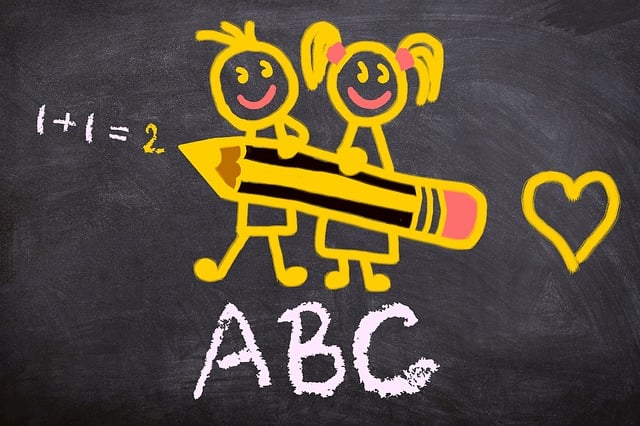Former students of Agape Boarding School can find justice and healing through a powerful class-action lawsuit, addressing allegations of physical, emotional, and sexual abuse. By joining forces, survivors amplify their voices, consolidate cases, and ensure consistent outcomes. This legal action seeks to hold the administration accountable, foster community among victims, initiate crucial conversations about child safety, and prevent future tragedies related to Agape Boarding School.
“Unveiling the impact of class-action lawsuits against Agape Boarding School, this comprehensive guide delves into a complex legal landscape. Understanding class-action litigation from a legal perspective offers insight into the allegations levied against the institution and their potential consequences.
We explore the claims that have emerged, shedding light on the experiences of victims and the steps they may take towards justice. By examining these developments, we aim to inform those affected by the Agape Boarding School lawsuit, empowering them with knowledge in this critical moment.”
- Understanding Class-Action Lawsuits: A Legal Perspective
- Allegations Against Agape Boarding School: Uncovering the Claims
- Potential Impact and Steps Forward for Victims
Understanding Class-Action Lawsuits: A Legal Perspective

Class-action lawsuits are a powerful legal tool that allows a group of individuals with similar experiences and claims to join forces and take on a defendant, in this case, Agape Boarding School. This collective approach is particularly effective when dealing with systemic issues or widespread wrongdoings, as it ensures that the voices of numerous victims are heard simultaneously. In the context of an Agape Boarding School lawsuit, multiple former students can come together to share their stories and collectively demand justice for any harm they endured during their time at the school.
From a legal perspective, class-action lawsuits enable efficient adjudication of disputes where individual claims may be too small or insignificant to warrant separate litigation. By consolidating these cases, courts can efficiently manage them, avoiding redundant proceedings and ensuring consistent outcomes. This is especially relevant in situations like the alleged misconduct at Agape Boarding School, where numerous students could have faced similar issues, requiring a collective effort to bring about change and potentially receive compensation for their suffering.
Allegations Against Agape Boarding School: Uncovering the Claims

The Agape Boarding School lawsuit brings light to a series of disturbing allegations against the institution. Plaintiffs claim that students were subjected to physical, emotional, and sexual abuse during their time at the school. These claims include instances of excessive punishment, neglect, and inappropriate behavior by staff members, creating an unsafe and harmful environment. Many former students have come forward with personal stories, detailing a culture of silence and fear within Agape Boarding School.
The lawsuit aims to shed light on these concerns and provide a platform for victims to share their experiences. It seeks justice and accountability, encouraging the school administration to take responsibility for the alleged mistreatment. This legal action is a crucial step in addressing the potential systemic issues and ensuring that such abuses are not overlooked or repeated.
Potential Impact and Steps Forward for Victims

For victims of alleged abuse at Agape Boarding School, the ongoing class-action lawsuit offers a glimmer of hope and potential for healing. A successful outcome could not only provide financial compensation for the harm suffered but also serve as a powerful platform to shed light on the issues within the school’s past operations. This public reckoning can initiate necessary conversations about child safety protocols and hold the institution accountable for its actions or inactions.
Victims may choose to participate in the lawsuit, sharing their stories and experiences to contribute to a collective narrative. This process could foster a sense of community among survivors, offering support and validation as they take steps forward towards recovery. It empowers them to reclaim their voices and ensure that their experiences are not forgotten or dismissed. Through this collective action, victims can work towards achieving justice, closure, and potentially preventing similar tragedies from occurring in the future.
The ongoing Agape Boarding School lawsuit sheds light on serious allegations of abuse, highlighting the power of collective action. By joining forces, victims not only seek justice but also play a crucial role in holding perpetrators accountable and ensuring no other individuals suffer similar fates. As the legal process unfolds, this case serves as a stark reminder of the importance of class-action lawsuits in addressing systemic issues within institutions like Agape Boarding School.
